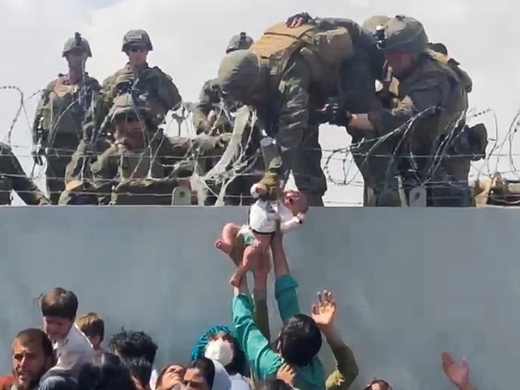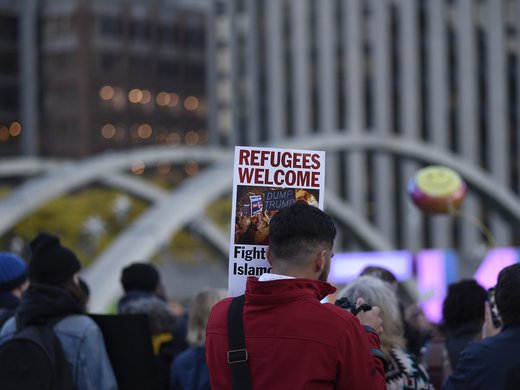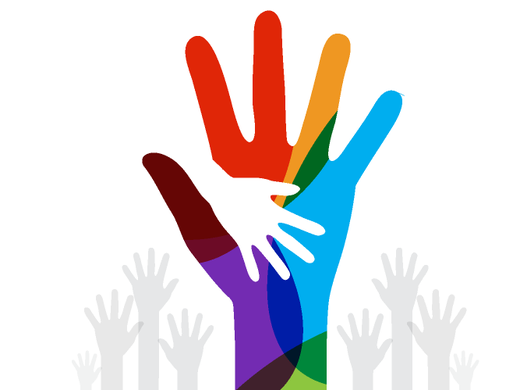Among the promises the federal Liberals made in the recent election campaign were to bring 25,000 Syrian refugees to Canada by year’s end, and a return to evidence-based policy making.
Now the government admits that they will not be able to settle 25,000 Syrians in Canada by the end of the year, and that it may take until February. This may be a good thing. After all, taking a few more weeks to ensure that services and support are in place is an acceptable delay, especially if it improves the chances that refugees coming to Canada will be able to successfully restart their lives here.
The more troubling issue is the decision on who from Syria will be allowed into Canada; that is, no unaccompanied males under the government-sponsored program (except for gay, bisexual, and transsexual males, who are remarkably vulnerable to predation in parts of Syria, and who should be welcomed to Canada). Is the new Canadian government already violating its pledge to make policy on the basis of evidence, rather than ideology?
If Canada’s refugee policy is meant to be a humanitarian policy – that is, something that is done for the sake of victims of the Syrian civil war, rather than for our own interests – then it is a mistake. Security is the official rationale for not allowing unaccompanied males into Canada. The suggestion, of course, is that unattached men are more likely to subscribe to an extremist ideology that leads them to take up arms against Canada and commit a terrorist attack.
While it is true that men are more likely to commit terror attacks, we are talking about a greater probability that men (rather than women) will be terrorists, not a certainty. There are, of course, ways to screen men to reduce the likelihood that potential terrorists make their way to Canada.
Restricting single men from coming to Canada is troubling, since they are overwhelmingly the victims of the Syrian civil war. While data on the number of people killed in the war is, of course, imprecise, the numbers collected by several organizations (the Syrian Observatory for Human Rights, the Syrian Network for Human Rights, the Syrian Center for Statistics and Research, the Violations Documentation Centre, and the Syrian government) all point to the same conclusion: the vast majority of people who have died in the war have been adult males.
Of course, this makes perfect sense. Men join armies, militias and terrorist groups. They engage in combat. Many of them are taking their lives into their own hands. However, we also know that men are pressed into service by government and opposition. We also know that non-combatant males are killed in massacres on the suspicion that they might be an enemy combatant or sympathizer. The sectarian and ethnic aspects of the Syrian civil war – where government loyalists are more likely to be Shi’ite, Alawite, Christian, or from an ethnic minority, and opposition fighters are more likely to be Sunni Muslims and Arabs – is another dimension that raises the risk of sex-selective massacres, as combatants see members of other religious or ethnic groups as inherently untrustworthy.
We have seen this pattern in other conflicts in the twentieth century. In 1995, the Army of the Republika Srpska rounded up and systematically killed over 8,000 Bosniak Muslims at the town of Srebrenica. They were overwhelmingly men and boys of military age. There is also evidence that Slobodan Milosevic’s regime targeted young men, in particular, during the Kosovo War. These are but two examples.
The point is not to argue that men are more worthy of refugee status than women or children; both have have suffered tremendously in the Syrian civil war. However, if the Canadian government, as it says, wants to protect Syria’s most “vulnerable,” then excluding part of the population that is most likely to be killed in war is wrong. Unaccompanied men may set out to acquire refugee status on their own, with plans to bring their families overseas once they have found safe refuge. They may flee Syria knowing that their sex and age makes them prime targets for government or opposition forces. They may flee because they do not want to kill their countrymen. There are many good reasons for single men to flee Syria that have nothing to do with them being part of a fifth column. If we want to save Syrian lives, we should at least give those who are being butchered the opportunity to seek refuge in Canada.


